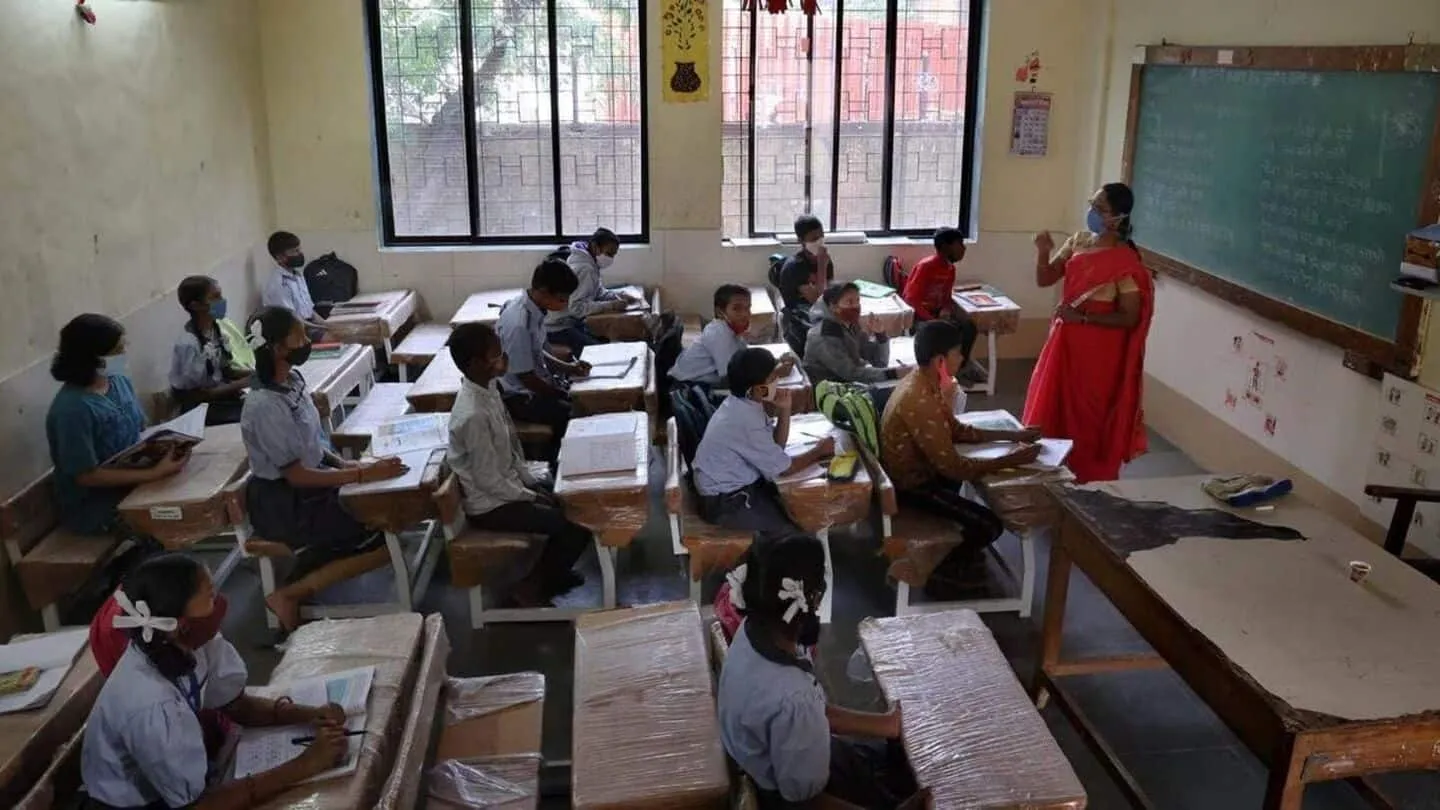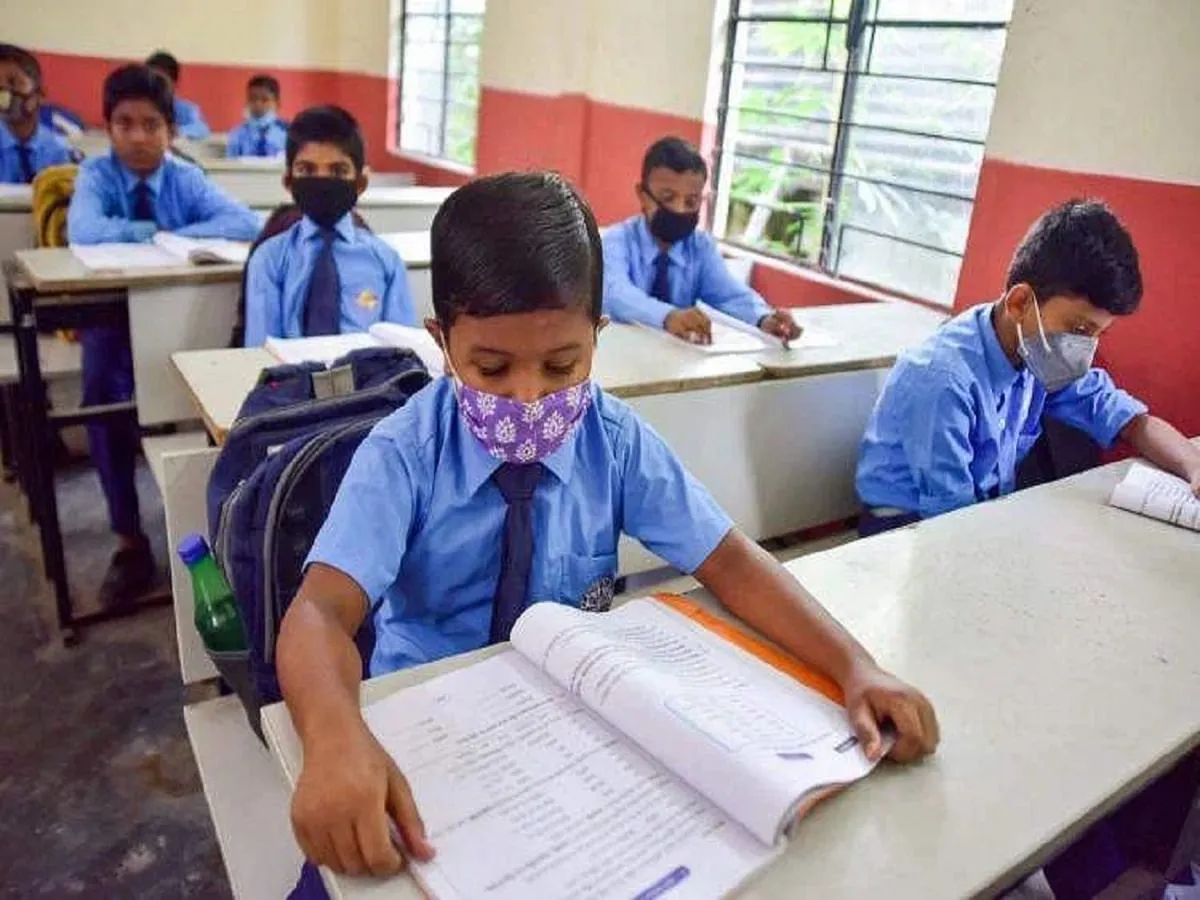Hey there, fellow parents and educators! Let me share something that's been on my mind lately. Last week, I watched my neighbor's 12-year-old daughter break down in tears over a math test. It got me thinking about something we don't talk about enough - the impact of examination pressure on student mental health.
As someone who's worked in education for over 15 years, I've seen too many bright kids struggle not with learning, but with the crushing weight of test anxiety. Today, I want to have an honest chat about what's really happening in our schools and homes.
Understanding the Real Impact of Examination Pressure on Student Mental Health
Picture this: It's 2 AM, and your child is still hunched over textbooks, eyes red from staring at pages for hours. Sound familiar? This scene plays out in millions of homes every night. The pressure to perform well on tests has reached a breaking point.
Academic stress doesn't just disappear when the test is over. It builds up like a snowball rolling down a hill, getting bigger and heavier with each passing day. When kids constantly worry about grades, their minds never get a chance to rest.
The numbers tell a scary story. Recent studies show that test anxiety affects up to 40% of students. That means in a classroom of 25 kids, about 10 are silently struggling with fears about failing.
The Warning Signs Every Parent Should Know
I remember Sarah, a bright 10th grader who started getting headaches every Monday morning. Her mom thought she was faking it to skip school. But after talking with Sarah, we discovered the headaches were real - they came from examination stress.
Here are the red flags I've learned to spot:
Physical symptoms include stomach aches, headaches, trouble sleeping, and changes in eating habits. Some kids even throw up before big tests.
Emotional changes show up as crying spells, anger outbursts, and feeling hopeless. Kids might say things like "I'm stupid" or "I'll never be good enough."
Behavioral shifts include avoiding homework, making excuses to stay home, or sudden drops in grades. Some kids even stop participating in activities they once loved.
How Academic Pressure and Mental Health Connect
Think of your child's mind like a rubber band. A little stretch helps it work better. But too much pressure, and snap - it breaks. That's exactly what happens with school stress and anxiety.
When kids face constant pressure to get perfect scores, their brains stay in "danger mode" all the time. This affects how they think, feel, and act every single day.
The Science Behind Student Stress and Depression
Our brains have a built-in alarm system called the stress response. When a tiger was chasing our ancestors, this system saved lives. But when it goes off every time there's a quiz, it becomes a problem.
Chronic stress changes how the brain develops. Areas responsible for memory and learning actually shrink under constant pressure. Meanwhile, the fear center grows bigger and more active.
This explains why some super smart kids suddenly "forget" everything during tests. Their stressed brains literally can't access the information they studied so hard to learn.
Breaking Down Test Anxiety Effects on Students
Let me tell you about Marcus, a 7th grader I worked with. He knew all the answers during practice but froze up during actual tests. His grades didn't reflect his true abilities, which made him feel even worse about himself.
Test anxiety creates a vicious cycle. Poor test results lead to more worry. More worry leads to worse performance. Worse performance leads to even more stress. Round and round it goes.
Physical Reactions That Harm Learning
When kids are anxious about tests, their bodies react as if they're in real danger. Hearts race, palms sweat, and muscles tense up. Some kids even hyperventilate or feel dizzy.
These physical symptoms of stress make it nearly impossible to think clearly. How can you solve math problems when your hands are shaking? How can you write an essay when you can't catch your breath?
Emotional Toll of Constant Testing
Beyond the physical effects, there's an emotional price that's even harder to see. Kids start believing they're not smart enough. They lose confidence in themselves and stop trying new things.
I've seen kids as young as 8 years old say they hate school. Not because learning is hard, but because tests make them feel awful about themselves.
Student Mental Health Issues Beyond the Classroom
Here's what really breaks my heart - the effects don't stop when kids leave school. Academic stress follows them home, affects their friendships, and changes family dynamics.
Impact on Family Relationships
When kids are constantly stressed about grades, family time suffers. Dinner conversations become interrogations about homework. Fun activities get canceled for extra study time.
Parents feel helpless watching their children struggle. Some accidentally make things worse by adding more pressure or dismissing their child's concerns.
Social Consequences of Examination Stress
Stressed kids often isolate themselves from friends. They skip social events to study or feel too anxious to enjoy activities. This isolation makes mental health problems even worse.
I've noticed that kids under extreme academic pressure sometimes develop unhealthy competition with classmates. Friendships suffer when everything becomes about who got the better grade.
Recognizing Symptoms of Academic Stress
As adults, we need to become stress detectives. Kids don't always know how to express what they're feeling, especially younger ones.
Early Warning Signals
Sleep problems are often the first sign. Kids might have trouble falling asleep because their minds won't stop racing about tomorrow's test. Others wake up in the middle of the night worrying.
Changes in appetite are another red flag. Some stressed kids eat everything in sight for comfort. Others lose their appetite completely.
Mood swings become more frequent and intense. A normally cheerful child might become irritable or withdrawn.
When to Seek Professional Help
If your child shows several warning signs for more than two weeks, it's time to get help. Don't wait for things to get worse.
Professional support becomes necessary when stress interferes with daily life, sleep, eating, or relationships. A counselor who specializes in student mental health can provide valuable tools and strategies.
Building Resilience Against Educational Pressure
The good news? We can help kids develop mental strength to handle pressure better. It's like building muscles - the more you practice healthy coping skills, the stronger you become.
Creating a Supportive Home Environment
Start by making home a safe space where kids can talk about their feelings without judgment. When your child says they're stressed, listen without immediately trying to fix everything.
Open communication means asking questions like "How did that test make you feel?" instead of just "What grade did you get?"
Teaching Healthy Study Habits
Help kids break big tasks into smaller pieces. Instead of "study for the history test," try "read chapter 5 tonight, make flashcards tomorrow."
Time management skills reduce stress by preventing last-minute cramming. Use timers, planners, and regular breaks to make studying more manageable.
Coping Strategies for Academic Stress
Every child is different, so we need a toolbox full of different strategies. What works for one kid might not work for another.
Relaxation Techniques That Actually Work
Deep breathing exercises are simple but powerful. Teach kids to breathe in for 4 counts, hold for 4, and out for 4. Practice this during calm moments so it's ready when stress hits.
Progressive muscle relaxation helps release physical tension. Start with toes and work up to the head, tensing and relaxing each muscle group.
Mindfulness for Young Minds
Mindfulness practices don't have to be complicated. Even 5 minutes of focusing on breathing can calm an anxious mind.
Try "mindful coloring" or "mindful walking" with younger kids. The goal is to focus attention on the present moment instead of worrying about future tests.
The Role of Schools in Student Wellbeing
Schools have a huge responsibility in protecting student mental health. The best educators understand that happy, healthy kids learn better than stressed, anxious ones.
Progressive Educational Approaches
Some schools are moving away from high-stakes testing toward more holistic assessment methods. They use portfolios, projects, and observations instead of relying only on test scores.
Social-emotional learning programs teach kids to understand and manage their emotions. These skills are just as important as reading and math.
Teacher Training and Awareness
The most effective teachers know how to spot signs of stress and respond appropriately. They create classroom environments where mistakes are learning opportunities, not failures.
Educator mental health training helps teachers support struggling students while also taking care of their own wellbeing.
Long-term Effects of Academic Pressure
We need to think about the bigger picture. The habits and attitudes kids develop around school often stay with them into adulthood.
Career and Life Impact
Adults who experienced extreme academic stress as children sometimes develop perfectionist tendencies that hurt their careers and relationships. They might avoid challenges or give up too easily when things get difficult.
On the flip side, kids who learn healthy ways to handle pressure become resilient adults who can tackle life's challenges with confidence.
Breaking Generational Cycles
Many parents unconsciously pass their own academic anxieties to their children. Recognizing this pattern is the first step to breaking it.
Modeling healthy attitudes toward learning and failure shows kids that mistakes are normal and necessary for growth.
Creating Positive Change
We all have a role to play in protecting student mental health. Whether you're a parent, teacher, or community member, your actions matter.
Advocacy and Awareness
Start conversations in your community about student mental health. Share information with other parents and educators. Support policies that prioritize wellbeing alongside academic achievement.
Mental health awareness campaigns in schools can reduce stigma and encourage kids to seek help when they need it.
Supporting Policy Changes
Vote for school board members who understand the importance of balanced education approaches. Support funding for counselors and mental health programs in schools.
Educational reform happens when enough people demand change. Your voice matters in creating healthier learning environments for all kids.
Frequently Asked Questions
Q: How do I know if my child's stress about tests is normal or something to worry about?
A: Normal test nerves last a day or two and don't interfere with daily activities. Worry when stress lasts weeks, causes physical symptoms, or prevents your child from sleeping, eating, or enjoying activities they used to love.
Q: Should I talk to my child's teacher about test anxiety?
A: Absolutely! Teachers want to help and often have strategies to reduce anxiety during tests. They might offer accommodations like extra time or a quiet space to take exams.
Q: Can test anxiety be completely cured? A: While some kids will always feel nervous before big tests, the symptoms can be managed very effectively. With the right tools and support, most children learn to handle test pressure much better.
Q: Are some kids naturally more prone to academic stress?
A: Yes, personality traits like perfectionism and sensitivity make some children more vulnerable to test anxiety. However, all kids can learn coping strategies that help them manage stress better.
Q: How can I help my child without taking over their homework?
A: Focus on creating good study environments, teaching time management, and being emotionally supportive. Avoid doing the work for them, but be available to help them organize their thoughts and break down big tasks.
Q: When should I consider getting professional help for my child's academic stress?
A: Seek help if stress lasts more than a few weeks, interferes with sleep or appetite, causes frequent physical symptoms, or significantly impacts their mood or behavior. Early intervention often prevents bigger problems later.
Moving Forward Together
The impact of examination pressure on student mental health is real, but it's not insurmountable. By working together - parents, teachers, and communities - we can create environments where children thrive academically without sacrificing their emotional wellbeing. Remember, our kids are watching how we handle pressure and stress. When we model healthy coping strategies and prioritize mental health alongside academic success, we give them tools they'll use for the rest of their lives. Every child deserves to love learning without fearing failure. Every student should feel supported, valued, and confident in their abilities. It's time we make student mental health as important as test scores. Let's create a future where academic excellence and emotional wellbeing go hand in hand. Our children's happiness - and their success - depends on it.


.png)

.png)









